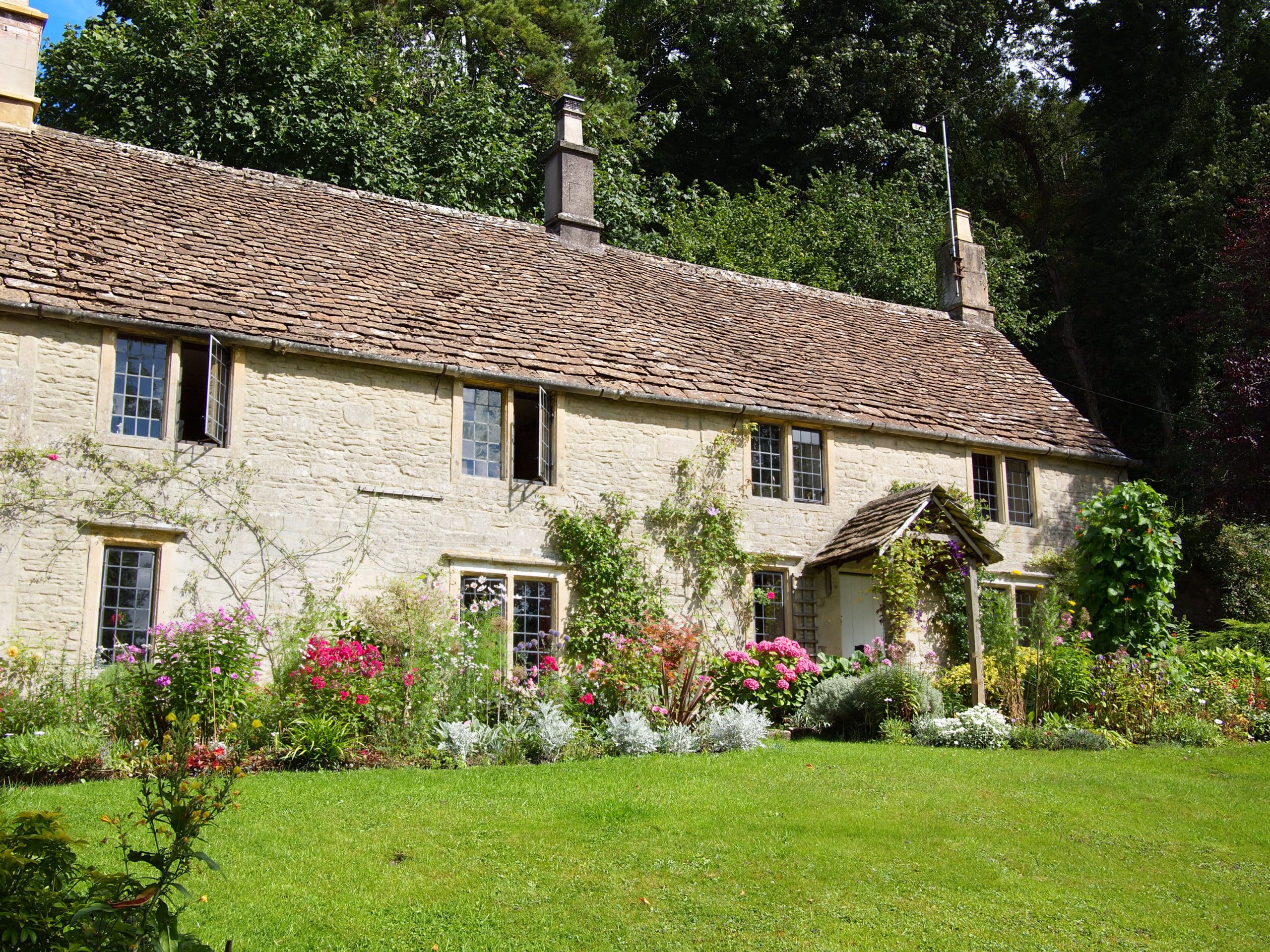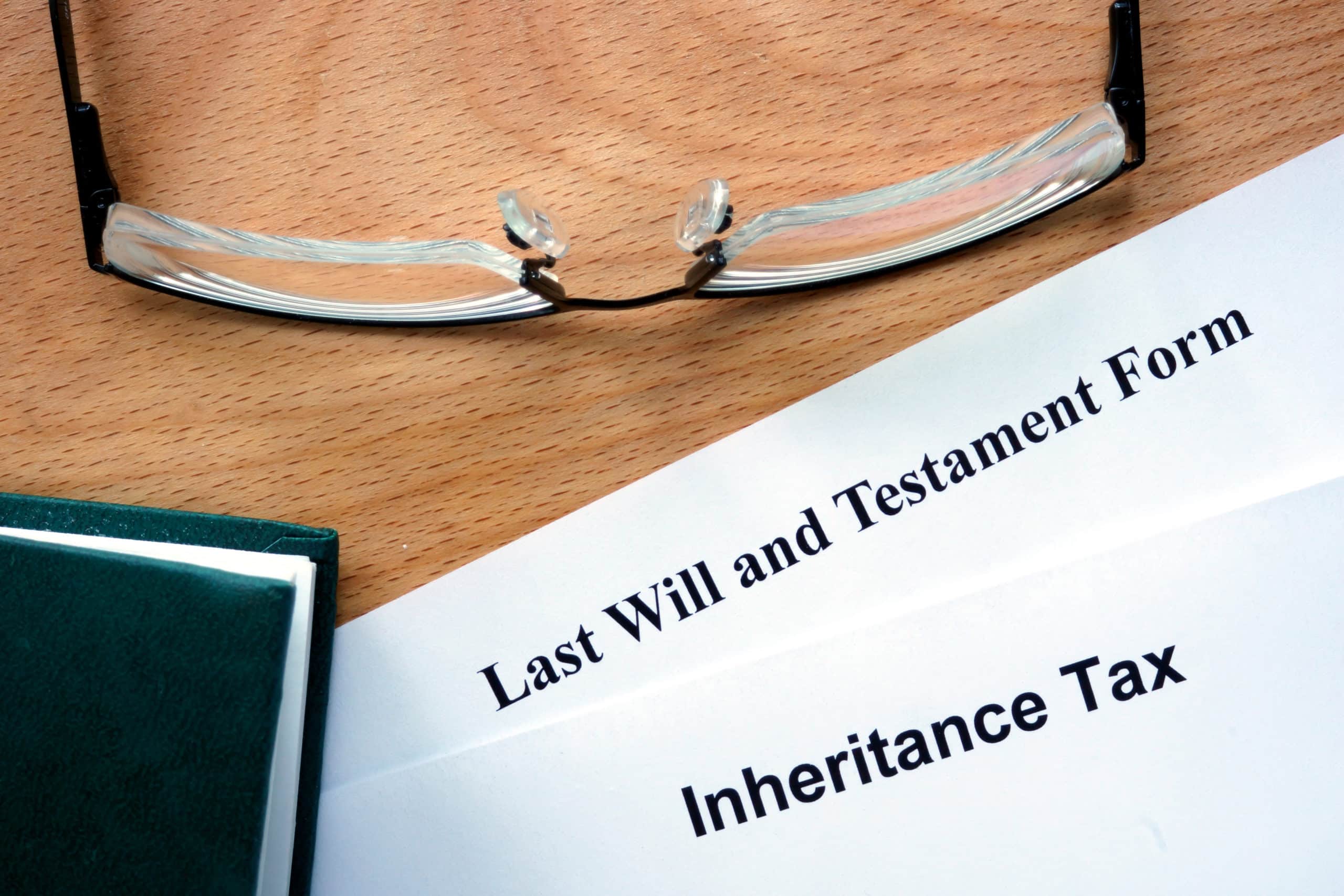The loss of a loved one is a traumatic time. And it doesn’t help the grieving process if you are forced to go through a complicated set of financial affairs at a stressful time, either. That’s why it’s important not to leave it until then to understand the terminology and practical considerations needed.
It may not be nice to think about, but thinking about what you want to happen with your property and belongings, and that of your loved ones too, will save you some upset down the line and help everyone to cope when the time comes. Our short guide will get you up to speed.
Alternatively, if you are facing probate and are concerned that you simply don’t know enough about it, read up to find out more.
What is probate?
By definition, ‘probate’ is the legal process of sorting out somebody’s estate after they have died in accordance with their will — including their property, money, and possessions. In Scotland, this is called ‘confirmation’.
If you have been appointed the executor of a person’s will, you’ll be responsible for carrying out probate. Many people also use the word ‘probate’ to refer to a ‘grant of representation’. This is the physical legal document that gives someone permission to handle someone’s estate.
If the person leaves a will then they will typically name one or more executors – and these will most commonly apply for this permission.
An application costs £215; you can find the forms for this here.
Does everyone need probate?
There are some situations when you can avoid probate altogether. If assets are jointly owned by a surviving spouse or civil partner, they will automatically go to them.
Also, estates with a small value often do not need to go through the process. Most financial institutions have a minimum value below which they do not need to see a grant of probate before releasing funds to those in the will or next of kin.
You’ll need to speak to the relevant firms to find out what that is, but it can range from £5,000 to £50,000. You will usually need to go through probate for larger estates and those involving a property.
How do I obtain a grant of probate?
If you are responsible for a person’s probate, you may have to obtain a ‘Grant of Probate’ before being able to sell their home.
Before applying, you’ll need to assess the size of the estate. To do this, you will need to go through the papers of the deceased to calculate their assets and liabilities. You’ll also need to determine the value of the property, and whether it is liable for inheritance tax or not.
After assessing the size of the estate, you can complete a probate application form (PA1 form). You can find the legal document online, get a copy of from your nearest Probate Registry, or call the Probate and Inheritance Tax helpline.
This is the process for England and Wales. If you’re in Scotland, the process is very similar but is called a ‘Grant of Representation’.
What about inheritance tax?
Any estate worth £325,000 or more may be liable for inheritance tax. At present, the rate of inheritance tax is 40% on anything above the £325,000 threshold.
Any inheritance tax due to the estate of someone who dies should be paid within six months of the death. That can be tough on families who have complicated affairs to go through, especially if they need to put a house up for sale on the market. You can try to apply to extend this, or you can enlist the services of our team at We Buy Any Home, who can sell your house fast and give you peace of mind in seven days.
Learn more in our inheritance tax guide.
Should I hire a probate specialist?
For straightforward estates, you may not need the help of a probate specialist or solicitor, as long as you are confident about carrying out administrative tasks yourself. However, for more complex estates, or if you would simply like someone else to take care of matters at a difficult time, there are lots of specialists who can help you.
More complicated matters can be anything from handling the estate of someone without a will, ensuring that the correct amount of inheritance tax is paid, or making sense of complex financial arrangements such as trust funds or investments.
The services of a specialist can cost you up to five percent of the total estate left behind, plus VAT. It’s often the case that you can use the services of the same solicitor that helped to draw up the will of your loved one.
What information do I need to complete the process?
You need some key paperwork to hand – and to make copies (the Money Advice Service advises six of each) of the following:
- death certificate
- birth certificate
- a will
- any codicils to the will (a legal document outlining any changes the deceased may have made)
- marriage or civil partnership certificate
It’s worth knowing where these documents are, alongside any other paperwork relating to the property or other assets.
Completing probate yourself
If you decide to do it yourself, there are several steps you’ll need to take.
Once you have registered the death, you can apply for probate. This costs £215 for estates worth more than £5,000. If there is a will and you know who the executors you will get a grant of probate; if there is no will, you’ll receive a grant for letters of administration.
At the same time as applying for probate, complete an inheritance tax (IHT) form. You’ll need to do this whether the value of the estate is above or below the IHT threshold. This will involve estimating the value of the estate after any debts have been taken off.
Notify all the organisations the person had a relationship with, that they have died. This is likely to include banks, building societies, mortgage providers, utility companies and government bodies. Hopefully, they will have kept a list of their accounts. If not, Tell Us Once allows you to notify all government bodies at the same time, while the Death Notification Service does the same for financial institutions. Also, double-check there are no life insurance policies you can claim.
If you are an executor or administrator of the estate, pay off any debts or inheritance tax that is owed.
Decide what to do with inherited property. This can be tricky if, for example, siblings have conflicting wishes, but hopefully, you’ll be able to come to an agreement. If you want to sell a home that has been passed on to you quickly, we can do it in as little as seven days.
Distribute funds among the beneficiaries, either as stipulated in the will or fairly between immediate next of kin.
The length of time it takes to complete the process depends on the complexity of the estate, whether there is a house to sell and whether the will is disputed. A grant of probate takes between four and eight weeks to arrive, from then it depends on how quickly any issues can be resolved.
How to sell your property in probate
The sale of probate property is the same as the sale of a normal property. First, arrange two-to-three valuations with an estate agent and carry out some research into the local area to decide how much you wish to price the property at.
If the house remains empty while it is on the market, it’s always sensible to check if a life insurance policy still covers the contents – and ensure that the house doesn’t feel too damp, or empty, when people are looking round by occasionally turning the heating or lights on.
Working with us
If it is in your interest to sell the house very quickly, you can opt to sell the property through a Private Buying Company such as We Buy Any Home. We will provide you with an initial offer within 24 hours of contact – enabling the completion of a house sale in as little as seven days. We will also pay the solicitor’s fees for the property sale, helping to keep legal fees down.
We have many years of experience working with people going through difficult and unsettling circumstances such as inheritance.
We aim to make the process as hassle-free for you as possible. Not only do we instruct and pay for solicitors, but we also buy your property using our own cash funds, which means you do not have to pay any estate agent commission. What’s more, there are no viewings to conduct and you are not part of an unpredictable chain that so often falls through.
That means you can rely on the completion date we give you, so you know exactly when funds will be in your account and exactly how much they will be. If you’d like to chat about how we can help you after inheriting a property, please get in touch.











